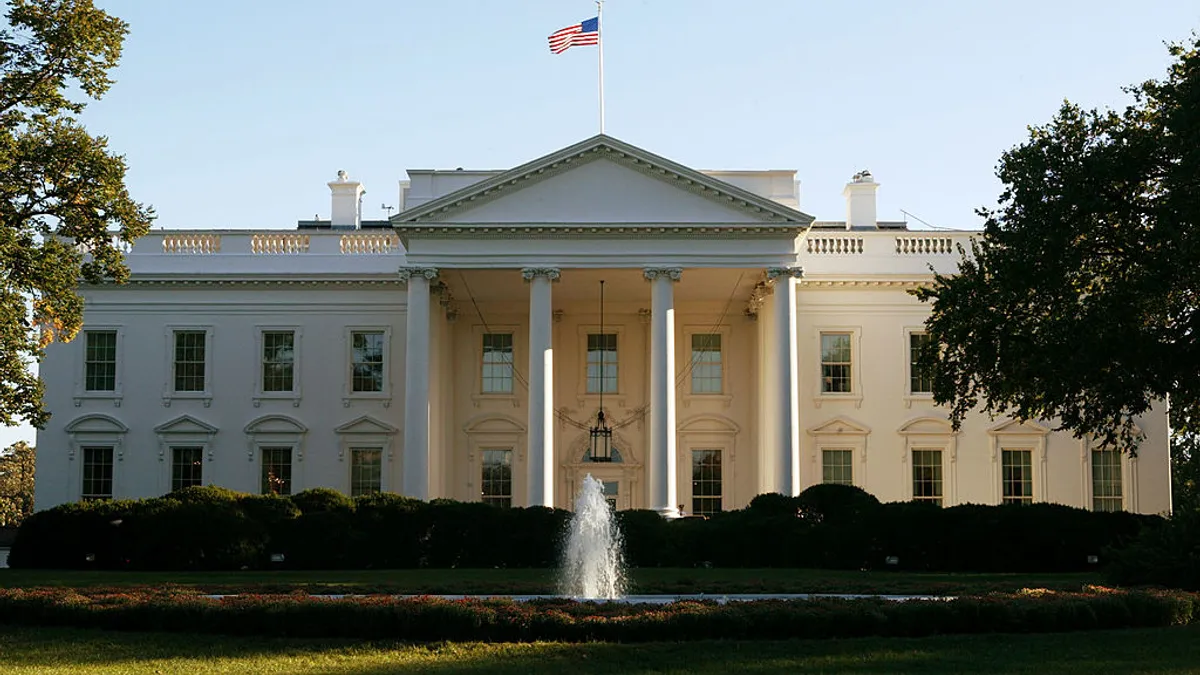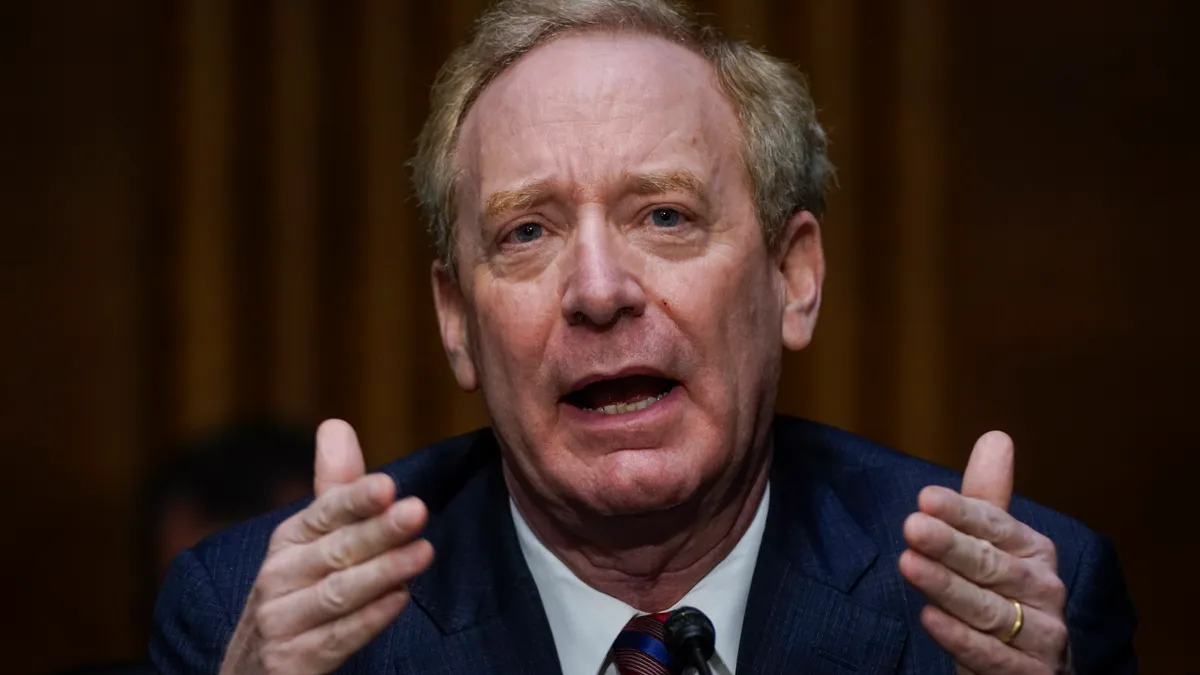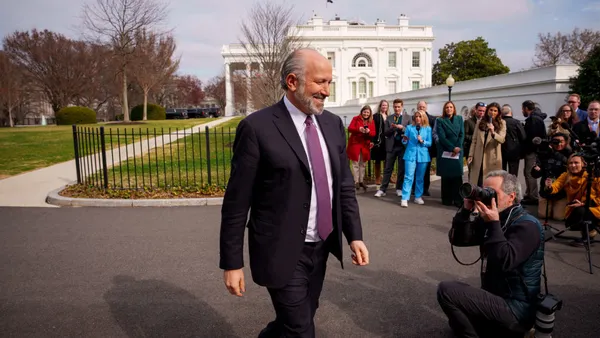Dive Brief:
- The 68 members participating in the International Counter Ransomware Initiative reaffirmed their collective commitment to “disrupt the global scourge of ransomware” at the conclusion of their fourth-annual summit in Washington last week.
- The White House-led effort to fight ransomware and stymie the underlying factors that incentivize malicious activity is arduous and perennial. As cyber authorities noted in a pre-summit briefing, the number of ransomware attacks continues to climb.
- During the four-day summit, members discussed methods to counter ransomware attacks, reduce extortion payments, increase incident reporting, response capabilities, and the security of critical infrastructure.
Dive Insight:
The CRI’s fourth annual summit in Washington last week ended without the type of forceful pledges that followed last year’s gathering. In 2023, CRI members pledged to discourage institutions under their national government authority from paying ransomware extortion demands.
New guidance for targeted ransomware victims builds on last year’s pledge by highlighting the role cyber insurance can play in boosting resilience to cyberattacks, and steps organizations can take during an incident to reduce business disruption, recovery costs, and the size and number of ransoms paid.
On the policy front, members discussed a recent workshop France and the Netherlands led to discuss how insurance companies can support companies during a ransomware attack.
The U.S. launched a new fund, built on contributions from CRI members and private sector partners, to strengthen members’ capabilities to provide rapid assistance in the wake of an attack and support cybersecurity skills and response improvements.
The White House said many CRI members are using the group’s respective information-sharing platforms to share intelligence, tactics, techniques, procedures and indicators of compromise.
CRI members also examined the use of AI to counter ransomware attacks and discussed how AI could help track threat groups’ use of the technology.
This year’s summit included participation from cyber officials representing 66 countries, including 18 new members of the initiative, the EU and Interpol.












